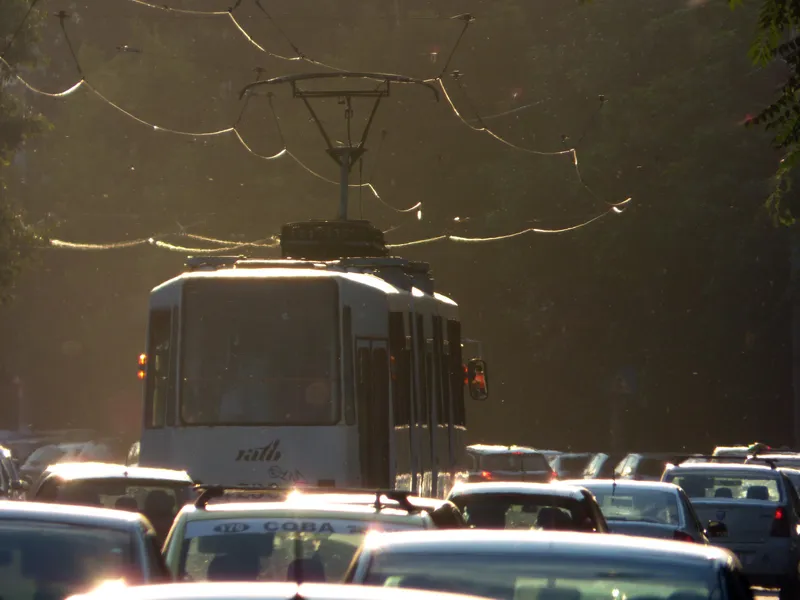Technology developed by the UK’s University of Leicester is to play a vital part in a new million-euro transport project of the European Commission’s Competitiveness and Innovation programme of the European Mobile and Mobility Industries Alliance.
The SATURN (SATellite applications for URbaN mobility) project, coordinated by the Aerospace Valley in France, is a large-scale demonstrator of innovative solutions for better mobility, less congestion, more safety and security.
The university will build and
May 20, 2014
Read time: 2 mins
Technology developed by the UK’s University of Leicester is to play a vital part in a new million-euro transport project of the 1690 European Commission’s Competitiveness and Innovation programme of the European Mobile and Mobility Industries Alliance.
The SATURN (SATellite applications for URbaN mobility) project, coordinated by the Aerospace Valley in France, is a large-scale demonstrator of innovative solutions for better mobility, less congestion, more safety and security.
The university will build and demonstrate a new application for use in lorry cabs to provide directions to HGV drivers on preferred and safe routes in urban areas that minimise congestion, noise and air pollution for residents as well as drivers.
The application draws on data from space navigation satellites and geographical information systems and will be made available on a range of portable devices.
The results of large-scale demonstrations will be presented in Bordeaux during the 2015 World Congress on Intelligent Transport Systems.
SATURN aims to set up a regional geo-information platform bringing together Earth observation images and other sources of data to foster the emergence of new services for the mobility of citizens.
Professor Paul Monks from the University of Leicester said: “Intelligent solutions for managing HGVs as part of our logistical infrastructure in urban areas are essential. Bringing space into the picture could change the game for both hauliers and urban dwellers in routing lorries more efficiently. This is a great opportunity to work on a real-life demonstrator of this technology.”
The SATURN (SATellite applications for URbaN mobility) project, coordinated by the Aerospace Valley in France, is a large-scale demonstrator of innovative solutions for better mobility, less congestion, more safety and security.
The university will build and demonstrate a new application for use in lorry cabs to provide directions to HGV drivers on preferred and safe routes in urban areas that minimise congestion, noise and air pollution for residents as well as drivers.
The application draws on data from space navigation satellites and geographical information systems and will be made available on a range of portable devices.
The results of large-scale demonstrations will be presented in Bordeaux during the 2015 World Congress on Intelligent Transport Systems.
SATURN aims to set up a regional geo-information platform bringing together Earth observation images and other sources of data to foster the emergence of new services for the mobility of citizens.
Professor Paul Monks from the University of Leicester said: “Intelligent solutions for managing HGVs as part of our logistical infrastructure in urban areas are essential. Bringing space into the picture could change the game for both hauliers and urban dwellers in routing lorries more efficiently. This is a great opportunity to work on a real-life demonstrator of this technology.”








